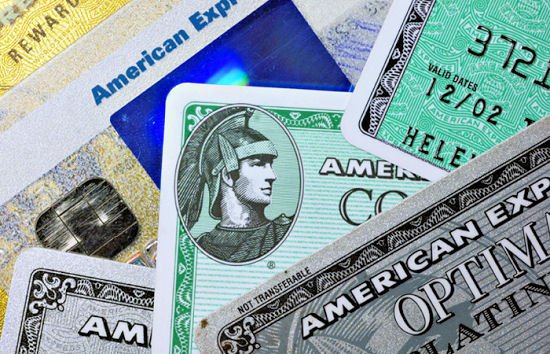Financial stocks had a huge run up from their bottom. Many have doubled and tripled, but are they still cheap?
It’s almost impossible to value big financial institutions like Citigroup (C), Bank of America (BAC), or Goldman Sachs (GS) — they’re a lot like hot dogs — you don’t really know what’s inside of them; for the most part, they’re leveraged hedge funds.
They may appear to be cheap on a price-to-book basis, but the book is an illusive concept when it comes to financial stocks, especially when leverage, a deteriorating economy, and accounting assumptions may transform the book into a pamphlet in a New York second.
There are very few financial companies that one can actually analyze and thus value — American Express (AXP) is one of them, and I believe it’s a great proxy for other financial stocks. American Express’s financials are transparent, thus you can make some fairly reasonable assumptions of its normalized credit losses (net write-offs), borrowing costs, fixed costs, etc… and come up with a ballpark earnings power.
In 2007, American Express earned $3.26, however, at the time, its net write-offs of its credit-card portfolio were hovering at an all-time low of 3.3%.
American Express was benefiting from the temporary impact of a new bankruptcy law passed in 2005 (people rushed to file for bankruptcy before the stricter law went into effect, which lead to lower bankruptcy filings in 2006 and 2007), in addition to easy access of credit through home equity loans, low unemployment, and expanding economy.
The 3.3% net write-offs are not coming back anytime soon, so $3.26 of earnings (which implies a price-to-earnings ratio of 10 at today’s price) is a number we can dream and fantasize about, but won’t see for a long, long time.
Fast-forward to today: American Express’s losses almost tripled, approaching 10% (though this number is a bit exaggerated by American Express proactively cutting available credit to its customers). Wall Street expects the company to earn $1 per share in 2009. However, similar to $3.26 earnings per share, this number is not really meaningful either — bad times, as good times, will not persist forever.
To figure out American Express’s normalized earnings power, you need to make an assumption of its normalized net write-offs, among other assumptions (borrowing costs, new level of fixed costs, size of the portfolio, growth of discount fees, etc…) with which I’ll not bore you here.
Though American Express’ credit card portfolio losses may go even higher in the short run, in the long run they’ll decline toward their historical average of 4.5% to 5.5%. In this case, the company’s earnings will be somewhere between $1.9 to $2.3, thus creating a price-to-earnings ratio of 14 to 17 times, turning American Express into a fairly valued stock. (If the “new” norm for net write-off will settle at a higher number, my earnings estimates are off. FYI: 0.5% of higher write-offs reduces earnings power by about 20 cents a share).
Today’s American Express price reflects a return to a normal environment — to which we have not returned yet — and the road to that goal may be longer than we expect and bumpier than we’d like (unemployment – the most important factor driving credit card defaults — is still rising).
But even if American Express has earned its normalized earnings today, the stock would be fairly valued at best. What’s the upside? The same is true for many other financial stocks.









0 comments